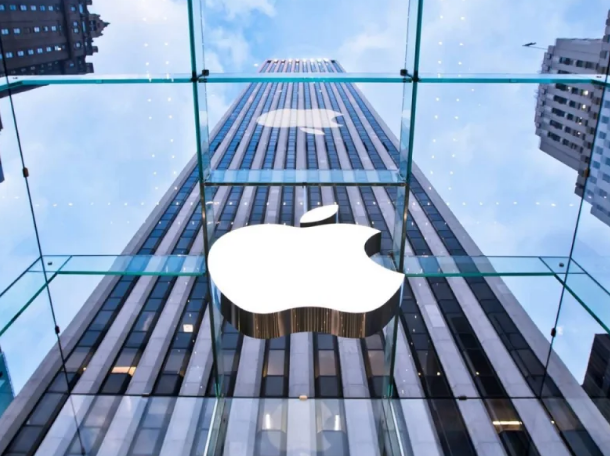A Soyuz spacecraft carrying one American astronaut and two Russian cosmonauts successfully launched Tuesday from the Baikonur Cosmodrome in Kazakhstan, bound for the International Space Station (ISS).
The MS-27 mission lifted off at 10:47 a.m. local time (0547 GMT), as broadcast by Russia’s Roscosmos space agency. The spacecraft, which features commemorative designs marking the 80th anniversary of the end of World War II, entered orbit minutes after launch. It is scheduled to dock with the Russian segment of the ISS at 0904 GMT on Wednesday.
On board are Russian cosmonauts Sergey Ryzhikov and Alexey Zubritsky, along with NASA astronaut Jonny Kim. The trio will carry out approximately 50 scientific experiments during their mission, according to Roscosmos. The crew is expected to remain aboard the ISS until their return to Earth on December 9.
The launch attracted a record crowd of about 2,500 tourists at the Baikonur site, highlighting continued public fascination with space exploration. Baikonur has served as a key launch facility for Russia since the Soviet era, and Moscow currently leases the site from Kazakhstan for $115 million annually under an agreement that runs through 2050.
Despite geopolitical tensions between the United States and Russia—particularly following Russia’s invasion of Ukraine in 2022—space exploration has remained one of the few areas of sustained cooperation between the two countries. While Western nations severed many ties with Roscosmos as part of sanctions imposed in the wake of the conflict, NASA and Roscosmos have continued collaborating on crewed missions to the ISS.
The recent return of U.S. President Donald Trump to the White House has also contributed to a gradual thawing of diplomatic relations, potentially opening the door to renewed space partnerships in the future.
Roscosmos continues to rely heavily on the Soyuz spacecraft for transporting astronauts to the ISS, as the vehicle remains one of the few reliable options available for such missions. This is particularly significant in light of ongoing challenges facing Russia’s space program, including chronic underfunding, corruption, and recent mission failures—most notably the loss of the Luna-25 lunar probe in August 2023.
Nevertheless, Tuesday’s successful launch is seen as a positive milestone for the embattled space agency and a testament to continued international cooperation in orbit, even as Earth-bound politics remain fraught.
The MS-27 crew’s mission will focus on advancing research in areas such as biology, medicine, and materials science, further contributing to the ISS’s long-standing role as a hub for peaceful scientific collaboration above geopolitical divisions.


